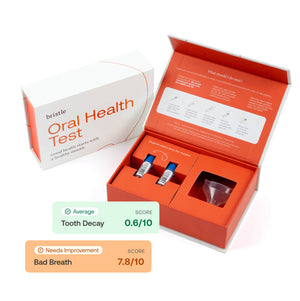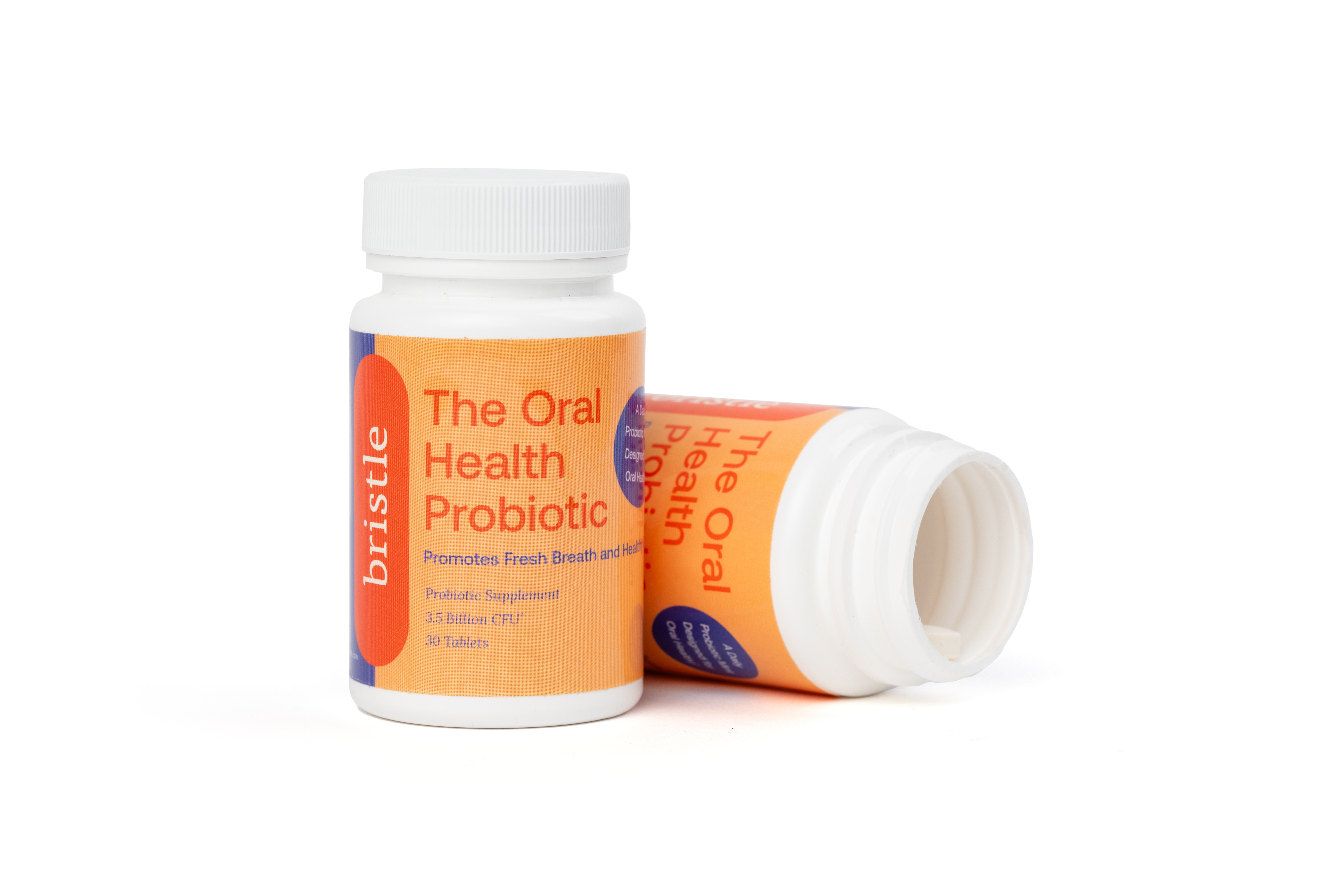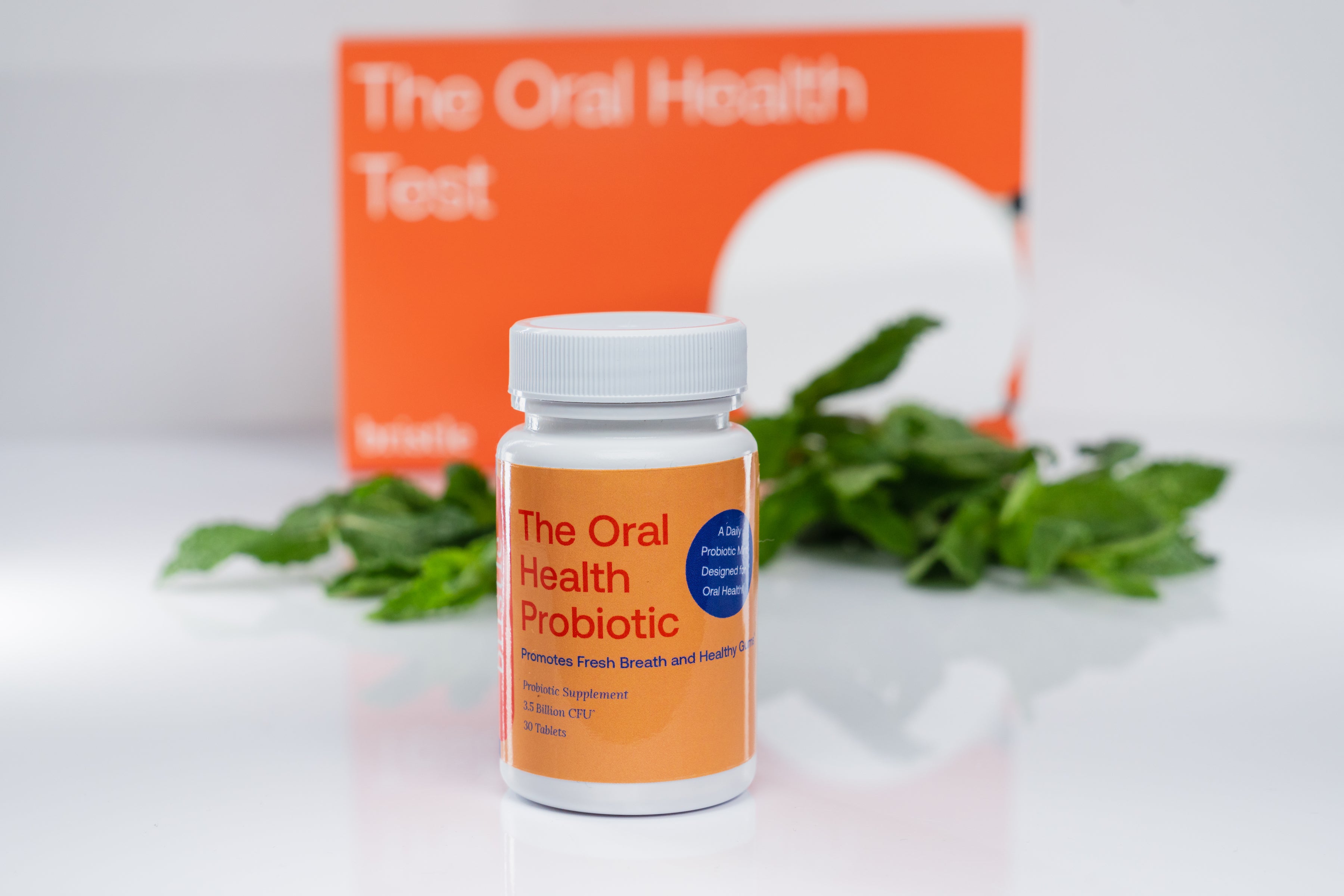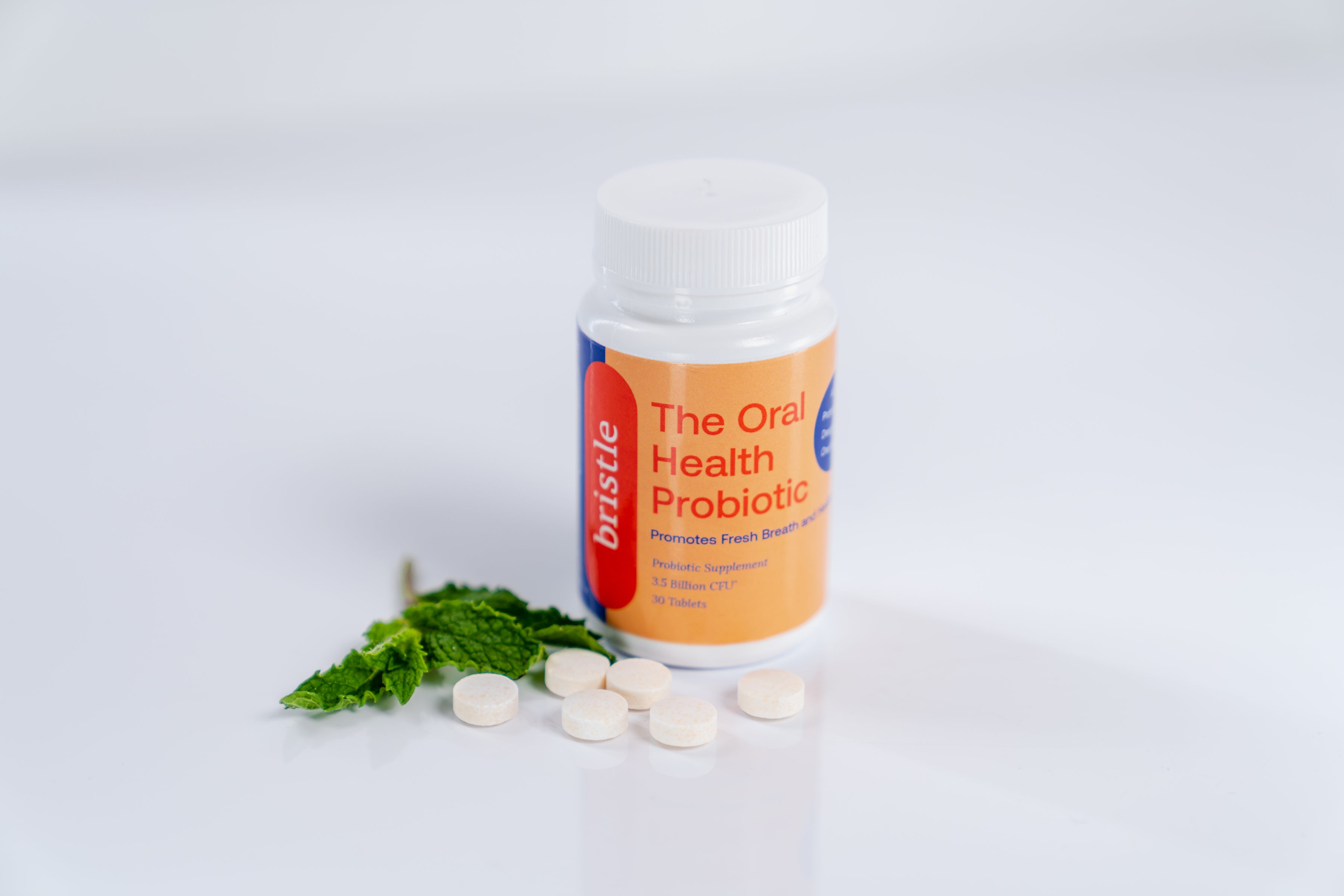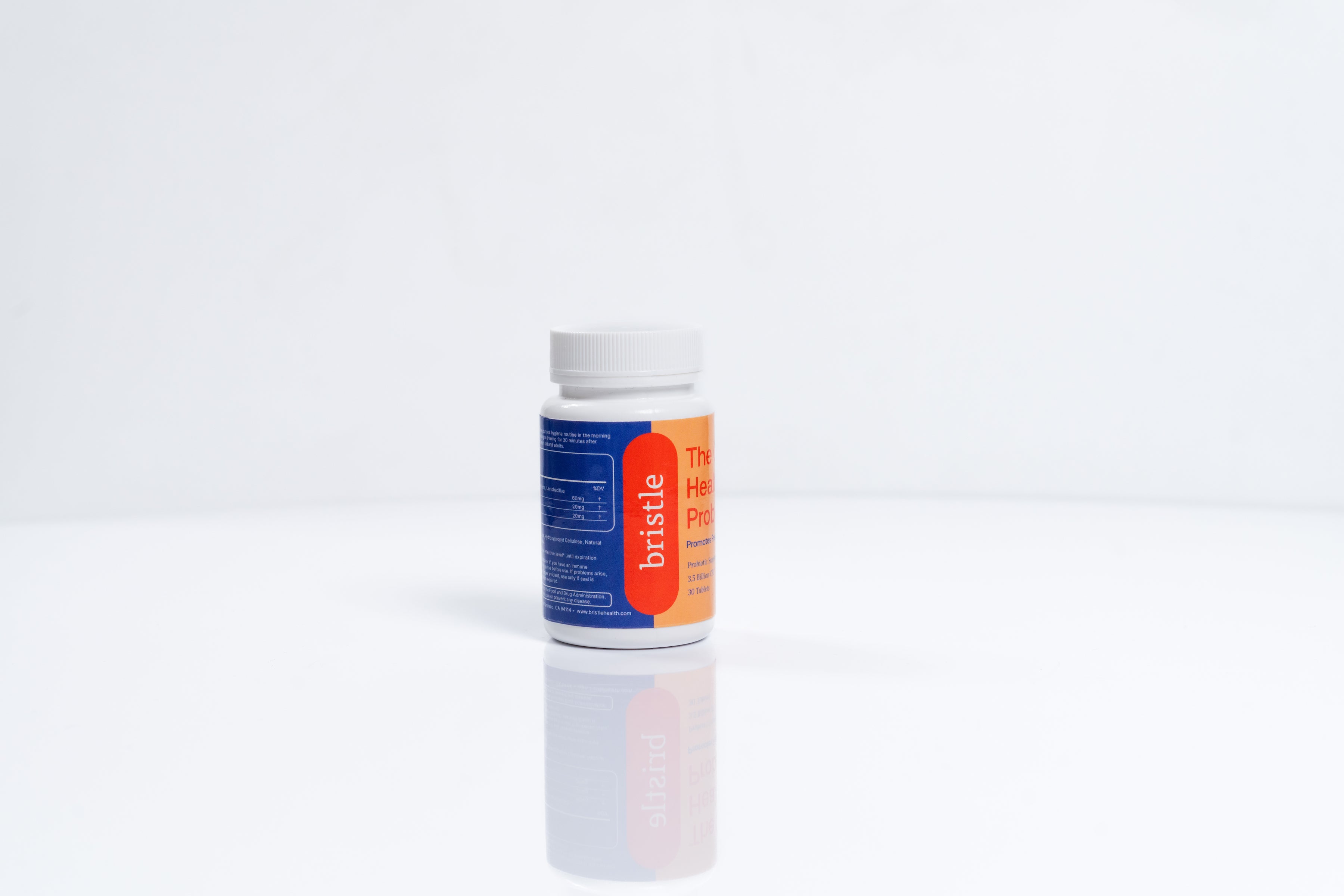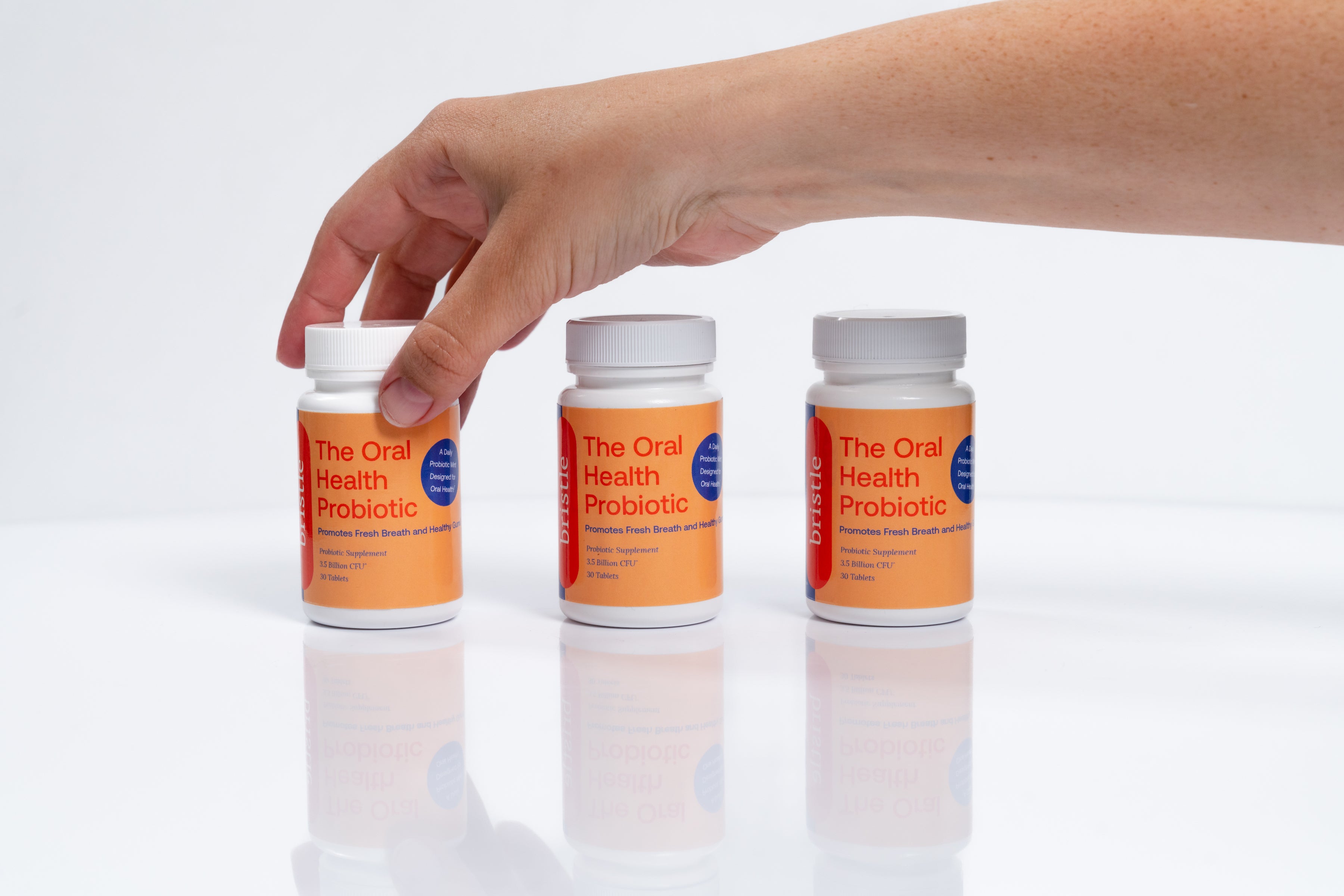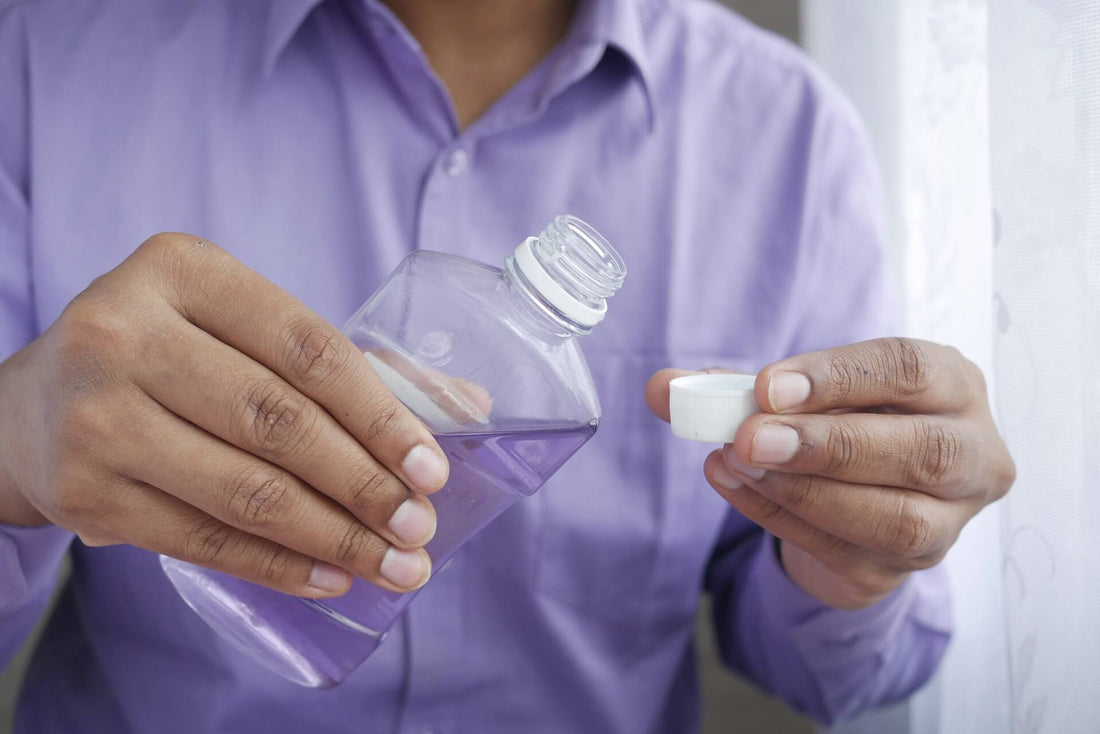Why does mouthwash burn?
Good oral health is essential for more than just a bright smile. An increasing number of studies are showing links between gum disease and serious problems like autoimmune disorders, dementia, heart disease and cancer.
As we all know, regular flossing and brushing of teeth is vital to maintaining proper oral health and avoiding cavities and gum disease. Another great practice to add to these is the whole swish, gargle, spit routine of using mouthwash. However, mouthwash isn't always pleasant. Sometimes it burns, and you might wonder why.
Let's find out!
Cosmetic or therapeutic?
First, not all mouthwashes are created equal. You can split mouthwashes into two main groups — cosmetic and therapeutic.
Cosmetic mouthwashes are like hiding a blemish , whereas therapeutic mouthwash is more like medicine. For example, if you have bad breath and use a cosmetic mouthwash, you might enjoy a pleasant taste in your mouth, and a temporary minty fix for bad breath. However, therapeutic mouthwashes will have active ingredients that kill the bacteria causing bad breath, offering a longer-term solution.
Each type of mouthwash offers a solution to different problems. If you just want to cover up a garlicky meal, a cosmetic mouthwash will do. However, if you suffer from frequent or chronic bad breath (aka halitosis), a therapeutic mouthwash can provide better results.
What makes mouthwash burn?
Not all mouthwashes burn; it depends on the ingredients. Furthermore, some people are more sensitive to certain ingredients. This means a mouthwash that produces a burning sensation for one person may not for another person.
Let's look at some of the most common culprits of burning mouthwashes.
Alcohol - A shot and a burn
The most common ingredient that causes that burning sensation is alcohol. If you drink a shot of straight whisky or vodka, you will notice the same burning sensation. The higher the alcohol content, the hotter the burn. Mouthwashes with alcohol have different concentrations, ranging from about 18 to 26% ABV. If alcohol is the main culprit, you'll notice a concentrated burning sensation on your tongue around your sensitive taste buds.
Alcohol also indiscriminately kills bacteria in your mouth. You might think that's a good thing until you realize that there are good bacteria that live in your mouth. They help to strengthen your tooth enamel, prevent tooth decay, and aid in saliva production. While alcohol-free mouthwashes may kill fewer bacteria overall, they may do a better job of targeting the bad bacteria and be a better solution for you.
Alcohol is also drying. Dentists recommend against an alcohol-based mouthwash if you suffer from a dry mouth. See
Menthol - Cooling or burning?
However, alcohol isn't the only ingredient that can burn. Menthol, the chemical in mint plants that provides that minty taste, appears in many kinds of toothpaste and gum, and makes your mouth feel tingly and cold. If your mouthwash contains a particularly high concentration of menthol or you are particularly sensitive, it may also create a burning sensation. Some people are very sensitive to menthol on their skin or in their mouths. If menthol produces red skin or lingering burning in your mouth, look for menthol-free mouthwashes.
Hydrogen Peroxide - Feel the fizz
Tooth-whitening mouthwashes often contain hydrogen peroxide. This ingredient fizzes and bubbles and triggers a burning sensation in many people. It, too, is an indiscriminate (broad-spectrum) antibacterial ingredient, like alcohol, with the same issues described above. In general, scorched-earth approaches to oral hygiene tend to backfire.
Essential Oils - Your mileage will vary
Some mouthwashes contain essential oils like peppermint, spearmint (see menthol), eucalyptus, clove (eugenol) and thyme (thymol). Clove oil has been used for hundreds of years for dental care, although it is no longer popular with dentists. Many oils have antifungal and antimicrobial properties that affect the bacteria in your mouth. Different people will react differently to these oils, and some may experience a mild burning feeling. Some people have severe sensitivity reactions to essential oils, if you are one of these, carefully read the labels and avoid those products with troubling ingredients. Just because these are natural ingredients doesn’t make them good for everyone.
Chlorhexidine - By Rx only
Mouthwashes with this ingredient are only available by prescription. Chlorhexidine is particularly effective at controlling plaque and helping to reduce gingivitis (gum disease). This ingredient causes a burning sensation in many people. Some people may be sensitive, even fewer may have severe allergic reactions to chlorhexidine. Chronic chlorhexidine use can discolor teeth.
Dental problems
Finally, people who have mouth ulcers, gingivitis, herpes lesions, or other active gum problems may experience burning and discomfort with nearly any type of mouthwash. Fixing the underlying problem generally reduces the burning sensation. Dry mouth, caused by disease or treatments, also makes your mouth more sensitive to chemicals that cause burning sensations.
Benefits of using mouthwash
Your mouth contains a delicate balance of both good and bad bacteria. Bad bacteria are at the root of tooth decay, gum disease, and many other dental problems. Good bacteria are working to keep your teeth strong and healthy.
When the bad bacteria begin to overwhelm the good, you may start having more problems in your mouth. Killing off the bad bacteria can help maintain a more healthy balance in your mouth.
Furthermore, some mouthwashes offer additional benefits—mouthwashes with fluoride may help to strengthen tooth enamel and fight tooth decay. Cetylpyridinium chloride is an ingredient that targets the bacteria that cause bad breath. Potassium nitrate can reduce tooth sensitivity to cold. Carbamide peroxide or hydrogen peroxide can help whiten teeth over time for a more movie-star smile. But see the caveats above. Read the ingredients label and seek information on unfamiliar ingredients. Ask your dentist, too.
Choosing a mouthwash for you
One person might find the cooling sensation of menthol pleasant. Another may experience an unpleasant burning sensation. That's why it's great that there are plenty of mouthwashes out there to choose from.
Pay attention to the ingredients. Read the ingredients label and seek information on unfamiliar ingredients. If you find one to be unpleasant, you can avoid products that contain it. See our other posts for discussions of ingredients to seek out. Try different formulations until you find one you like. Ask your dentist, too.
Keeping a healthy smile
It's important to remember that mouthwash is only one tool in the fight against tooth decay and gum disease. While rinsing with mouthwash can help, it is not a substitute for flossing and brushing your teeth every day.
Wondering how you are doing with your oral health regimen? You can learn a lot by understanding the balance of bacteria that are living in your mouth. Send us a sample, and we'll analyze it for you. You'll get a complete report about the balance of bacteria in your mouth and how to use it to maximize your oral health!

